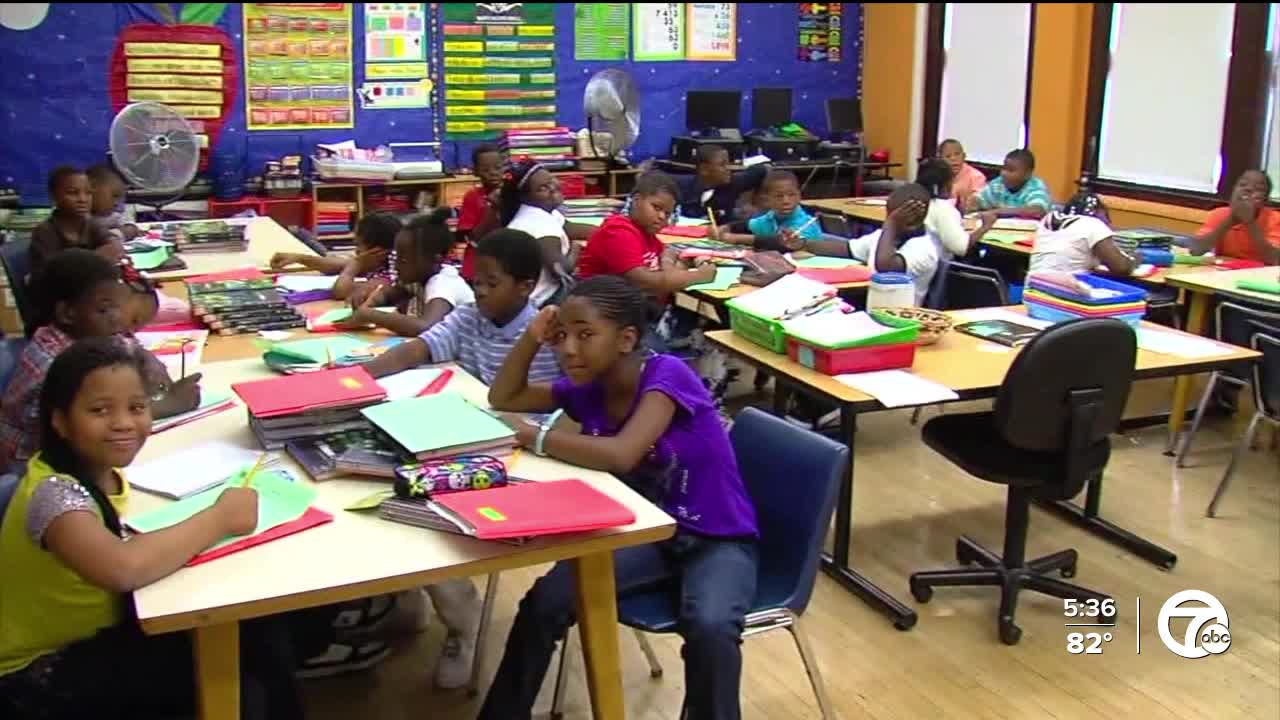(WXYZ) — In today’s Health Alert, the new school year is almost here, and parents are busy with back-to-school shopping. But there’s something even more important to put on your checklist - your child’s health.
The start of the school year is a busy time, especially in my household. But one of the best ways to start strong is with a check-up. That means an annual physical to check your child’s growth, development, and overall health, and a sports physical if they’re involved in athletic activities. Even if it’s not required, it can help prevent injuries and make sure conditions like asthma are under control.
Next, sleep is huge. Kids need a consistent bedtime and the right amount of sleep for their age. Have them turn off electronics at least an hour before bed so they can fall asleep more easily.
Also, nutrition matters too. Pack balanced lunches and healthy snacks to keep their energy steady and brains sharp throughout the day. And keep them moving - kids ages 6 to 17 need at least an hour of activity a day. It helps boost mood, focus, and memory.
Lastly, don’t overlook mental health. Talk with your kids often about how they’re feeling. If you notice changes like withdrawal, loss of interest, or ongoing anxiety, seek help early. Emotional health affects everything from sleep to appetite to mood.
Vaccines are a big part of school health. What shots do students need to start the school year?
Anytime kids gather, germs and diseases can spread quickly. In Michigan, kindergarten and transfer students ages 4 to 6 need:
- 4 doses of DTP or DTaP for Diphtheria, Tetanus, and Pertussis
- 4 doses of Polio, or 3 if the last one was after age 4
- 3 doses of Hepatitis B
- 2 doses of MMR or Measles, Mumps, and Rubella
- 2 doses of Varicella, also known as Chickenpox, or proof they’ve had the disease
For 7th graders and older transfer students, they also need:
- 1 dose of Tdap at age 11 or older if they haven’t had it yet
- 1 dose of Meningococcal vaccine at age 11 or older - this protects against a rare but serious bacterial infection
Now, if your child isn’t fully vaccinated, they can’t attend school unless they have a certified non-medical waiver from the local health department. But remember, vaccines are one of the easiest and most effective ways to keep kids safe. As a parent, I make sure all of my children are up to date on their vaccines. It gives me peace of mind and helps protect the whole community.




